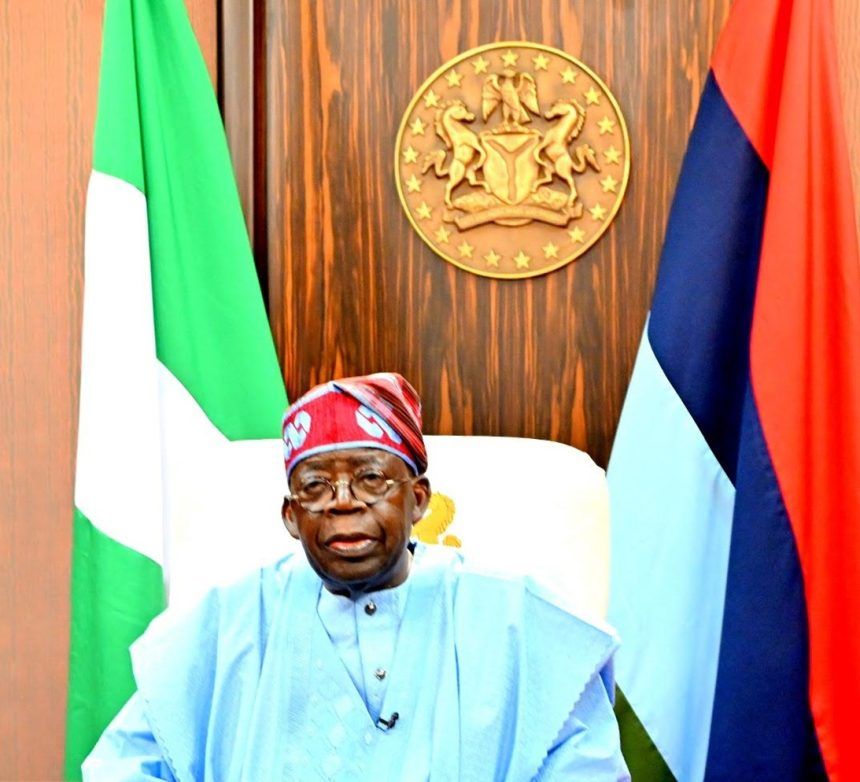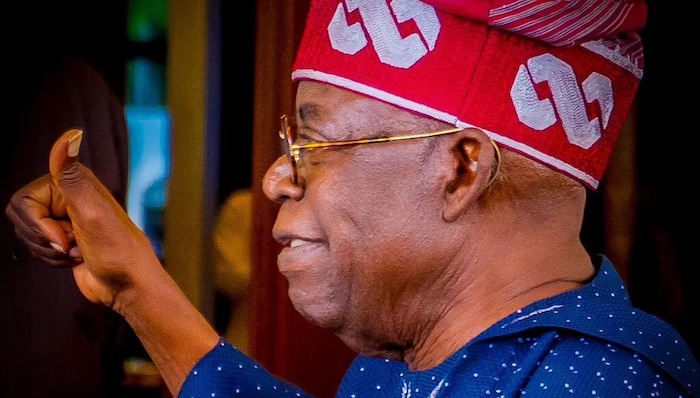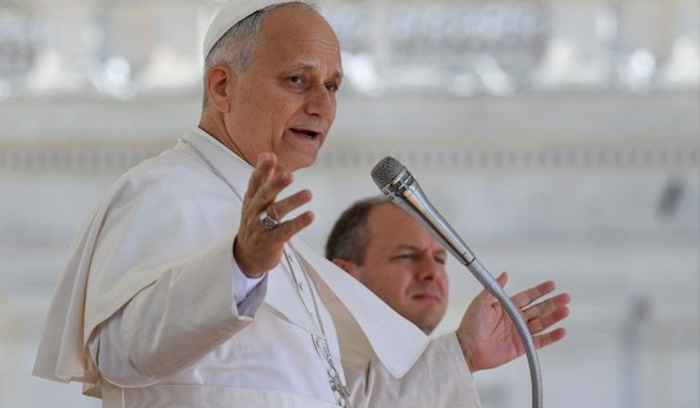
President Bola Tinubu has urged Nigerians to unite in building a stronger nation, assuring that his administration’s ongoing reforms are laying the foundation for a more prosperous and self-reliant future.
In his nationwide broadcast to mark Nigeria’s 65th Independence Anniversary on Wednesday, October 1, 2025, the President called for patience, resilience, and renewed patriotism as the country undergoes economic transformation.
“Fellow Nigerians, I have always candidly acknowledged that these reforms have come with temporary pains. The biting effects of inflation and the rising cost of living remain a significant concern to our government.
However, the alternative of allowing our country to slide into economic chaos or bankruptcy was never an option,” Tinubu said.
The President noted that real progress would not be measured by economic figures alone, but by visible improvements in the daily lives of citizens.
“The true measure of success will not be limited to statistics, but in the food on our families’ tables, the quality of education our children receive, the electricity in our homes, and the security in our communities,” he declared.
Tinubu also called for a collective shift towards productivity and homegrown solutions, urging Nigerians to embrace local enterprise and innovation.
“Let us be a nation of producers, not just consumers. Let us farm our land and build factories to process our produce. Let us patronise ‘Made-in-Nigeria’ goods. I say Nigeria first. Let us pay our taxes. Finally, let all hands be on deck. Let us believe once more in the boundless potential of our great nation. With Almighty God on our side, the dawn of a new, prosperous, and self-reliant Nigeria is here,” he said.
This year’s Independence Day celebration was marked in a subdued manner, with the Federal Government cancelling the traditional ceremonial parade in Abuja, citing cost-saving and security considerations.
Since assuming office on May 29, 2023, President Tinubu has made bold economic reforms the centrepiece of his administration’s “Renewed Hope Agenda.” These include the removal of fuel subsidies and the unification of foreign exchange rates—measures aimed at stabilising the economy and freeing resources for development.
While the policies have triggered inflation and a sharp rise in the cost of living, Tinubu has repeatedly defended them as “painful but necessary,” assuring Nigerians that the economy is stabilising and that the sacrifices of today will yield lasting prosperity tomorrow.



